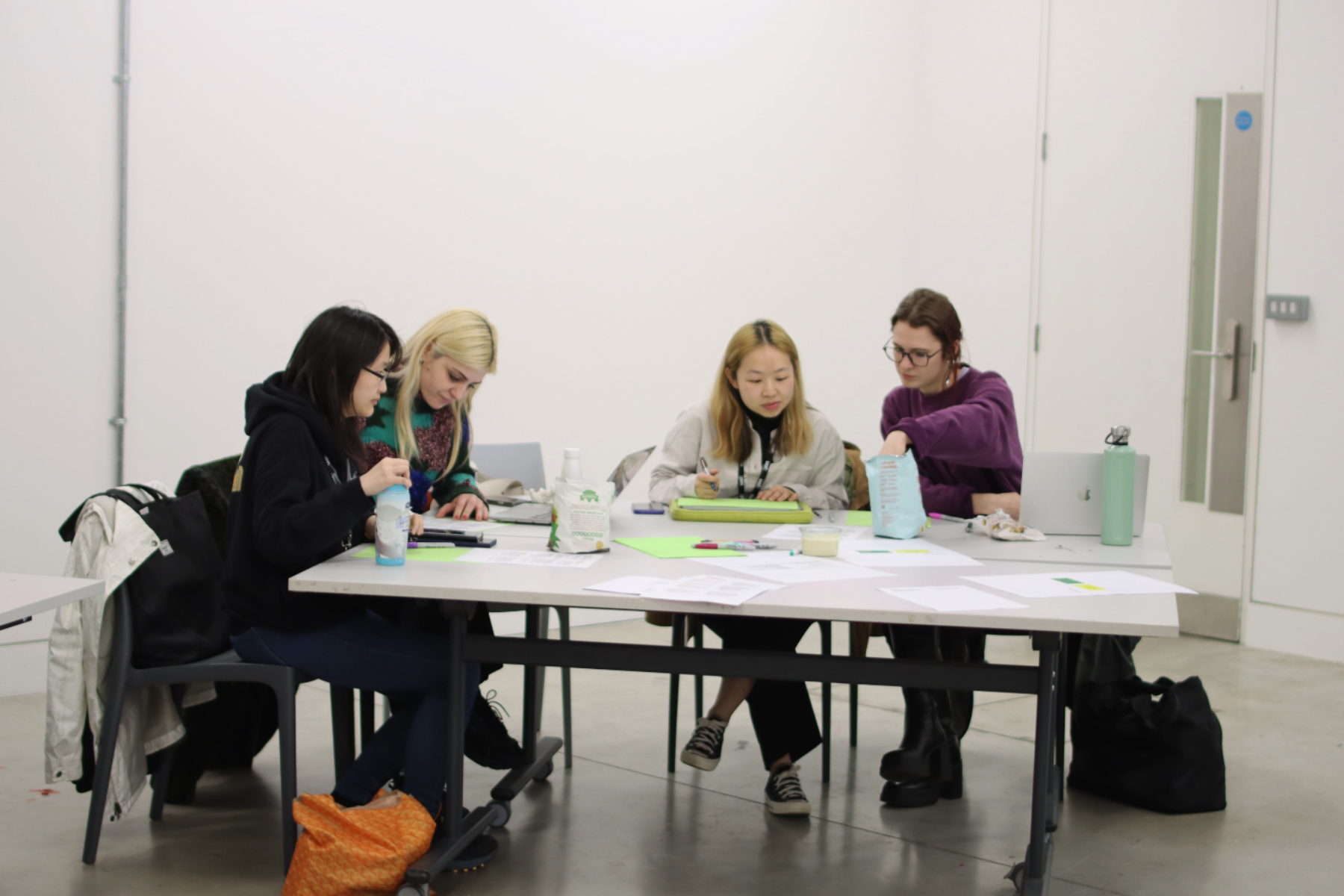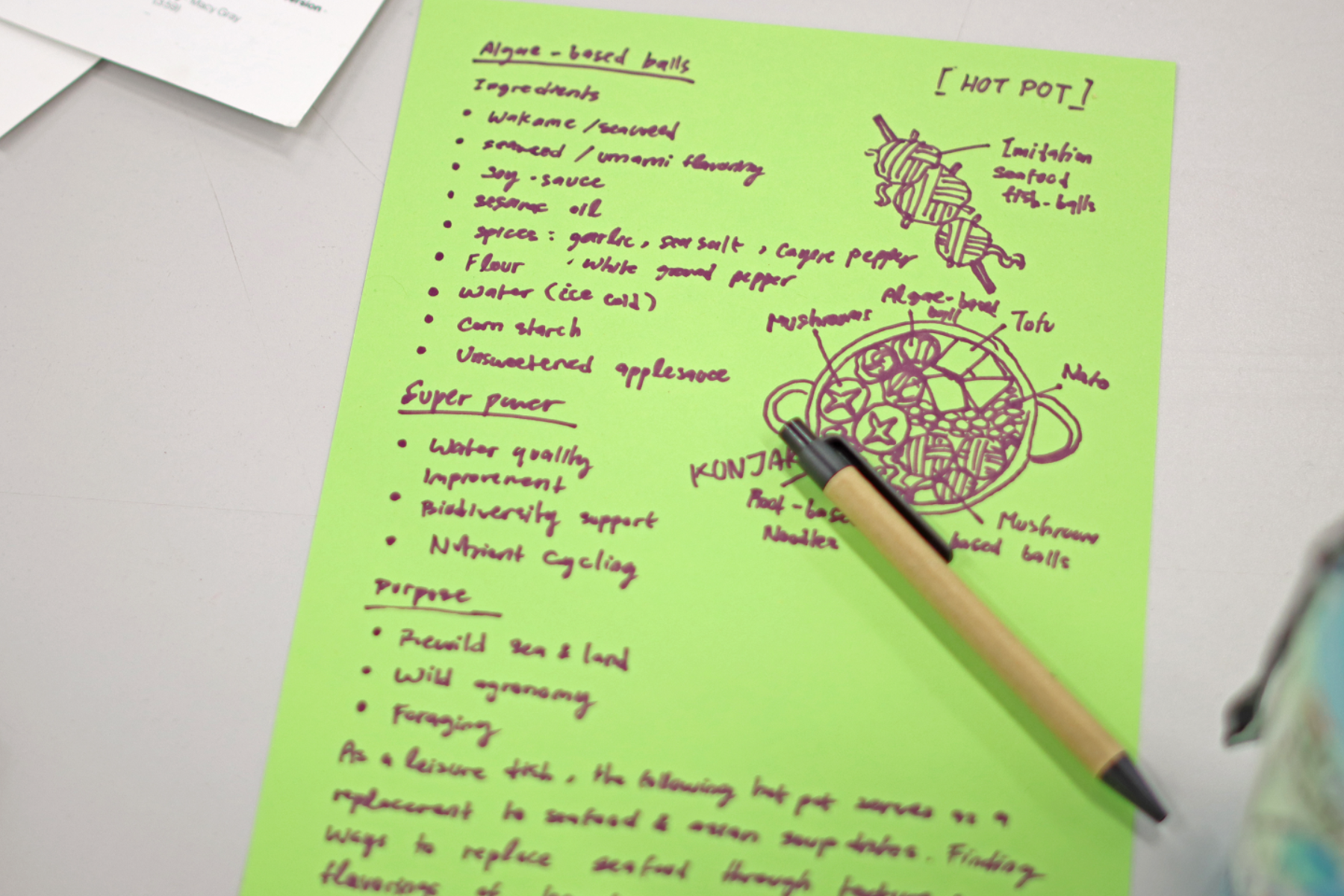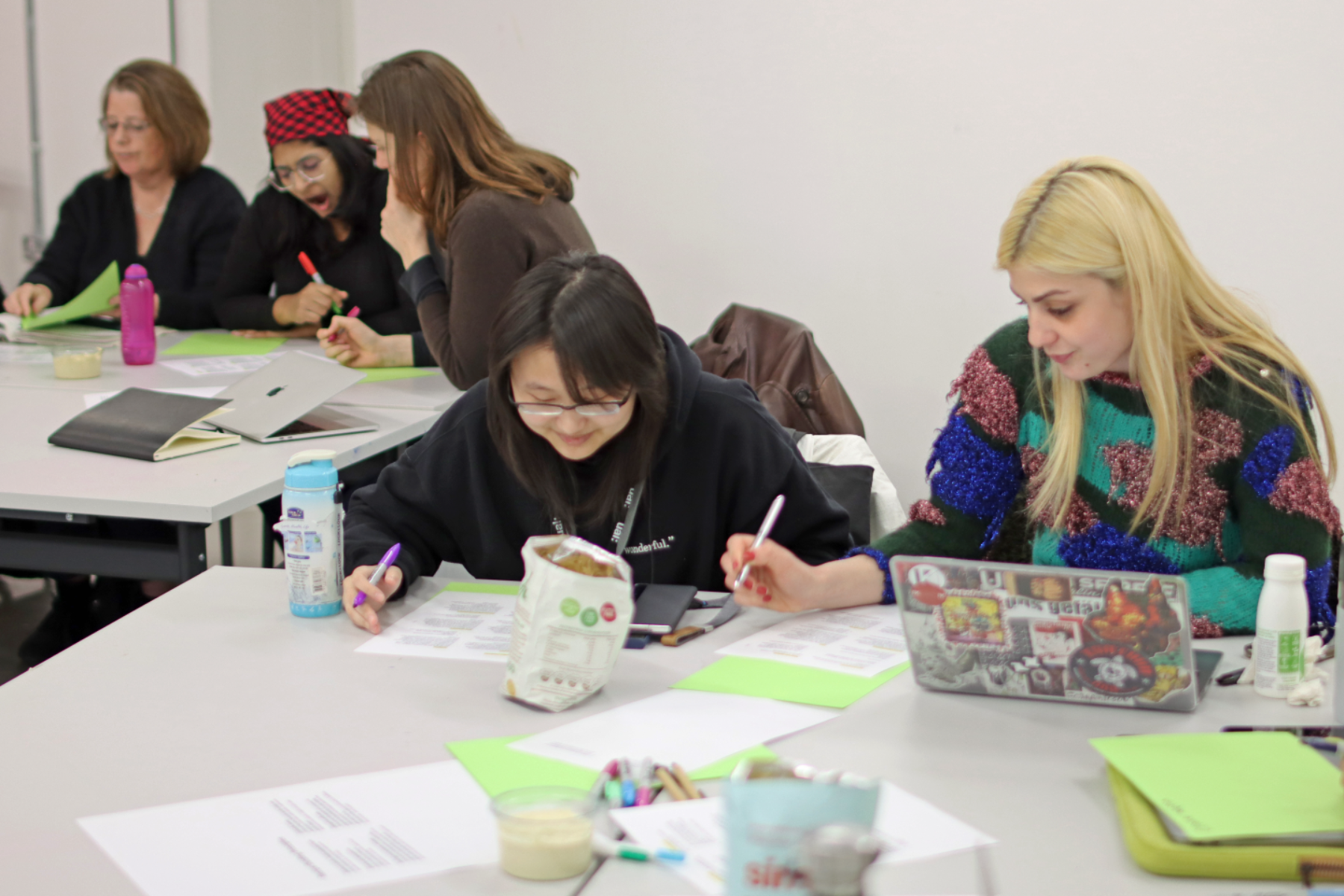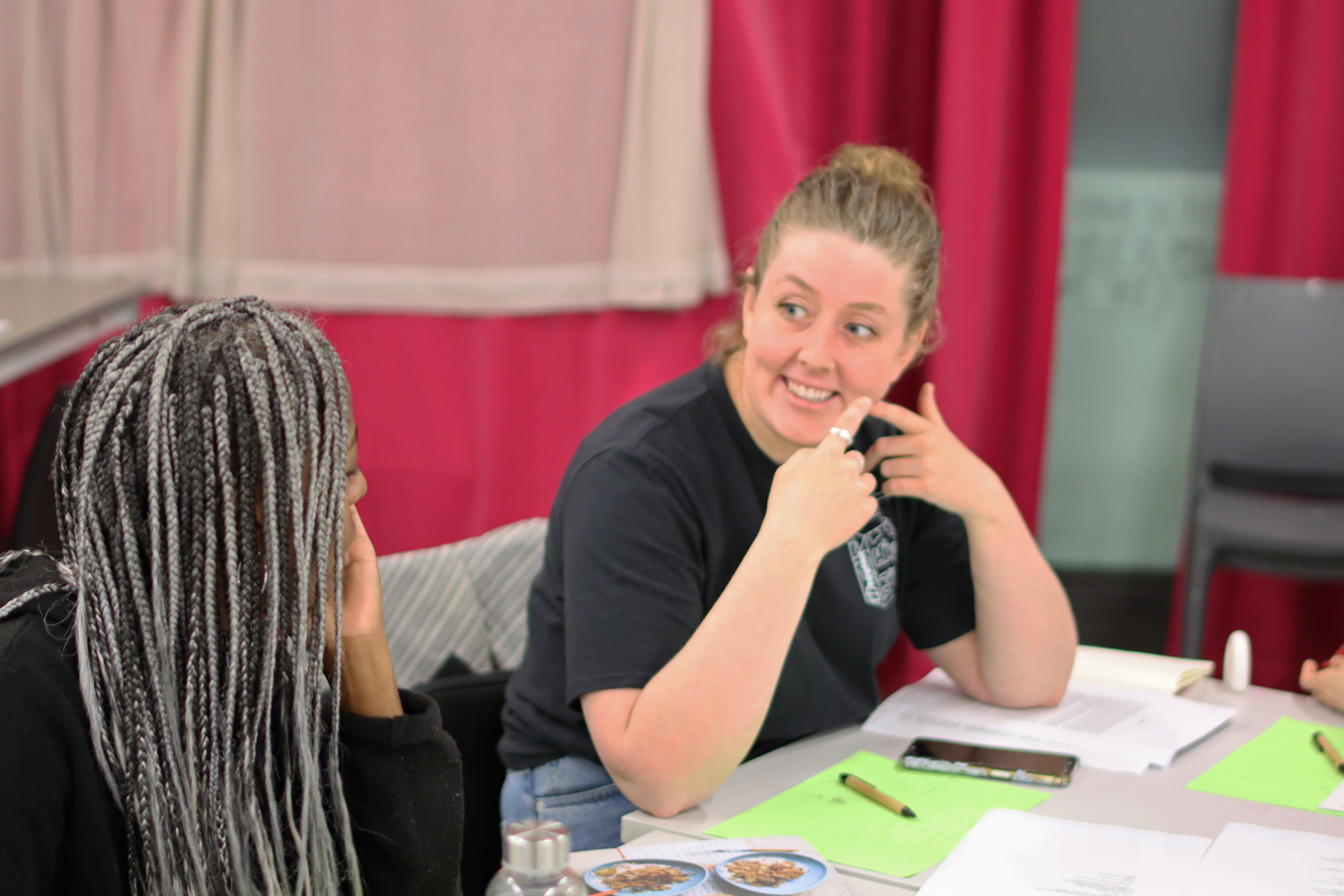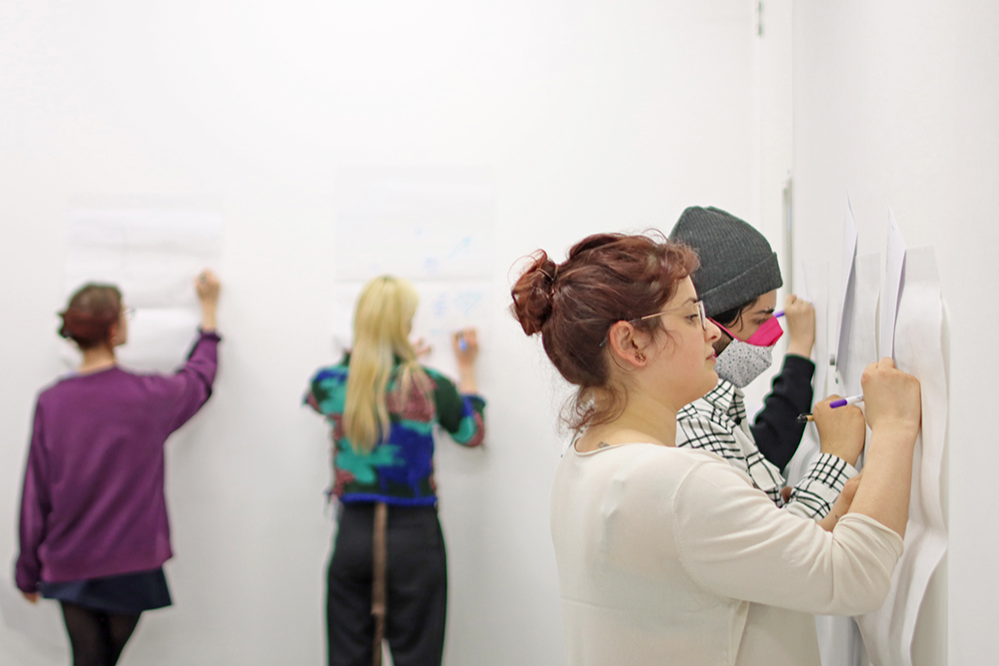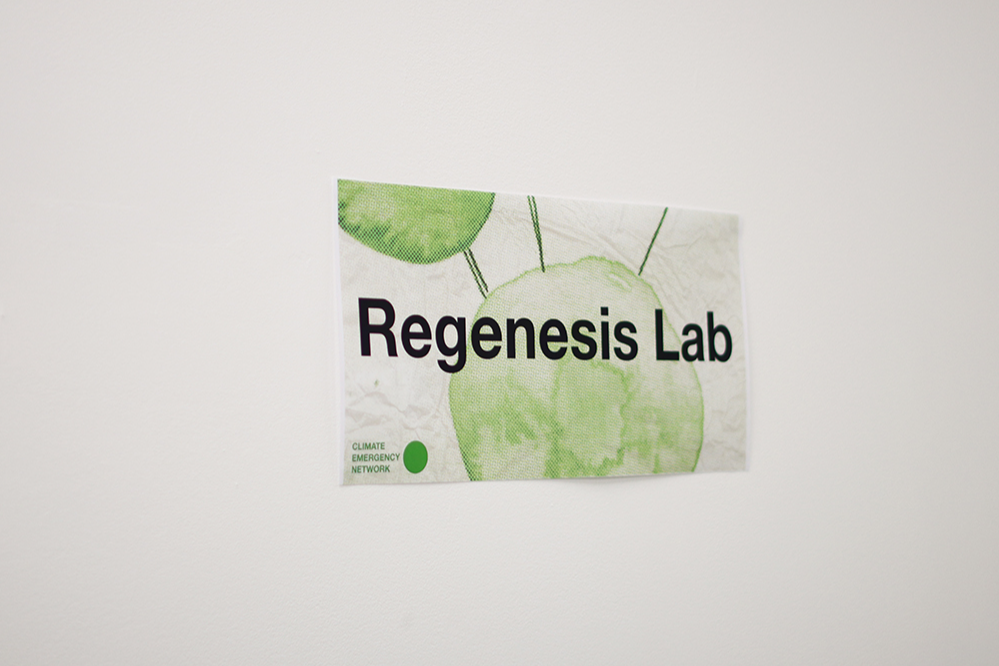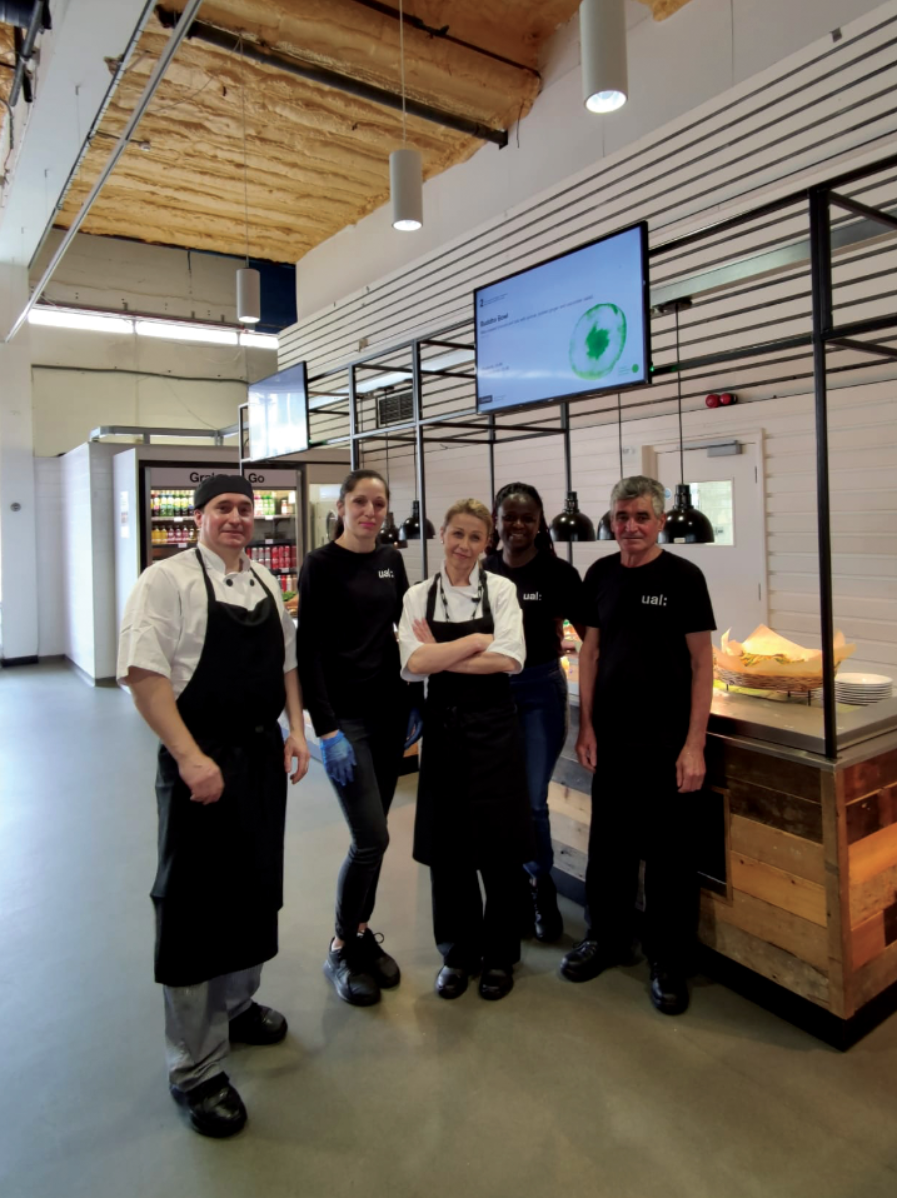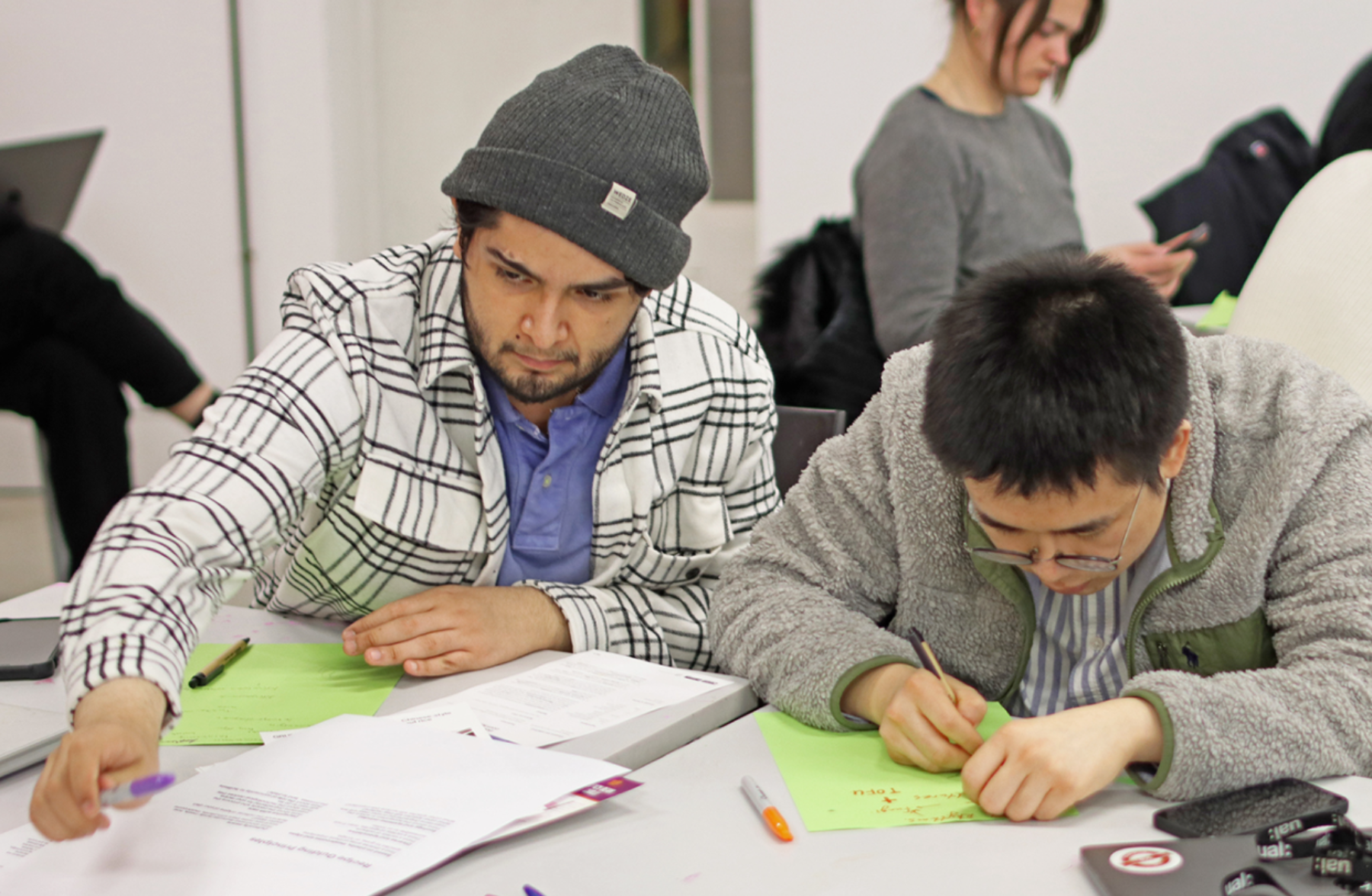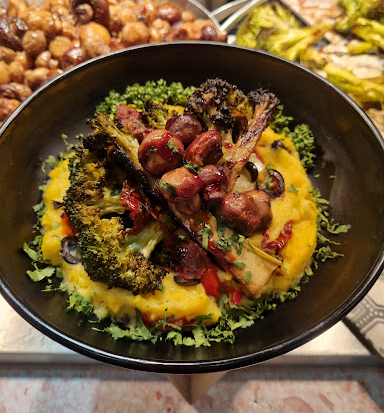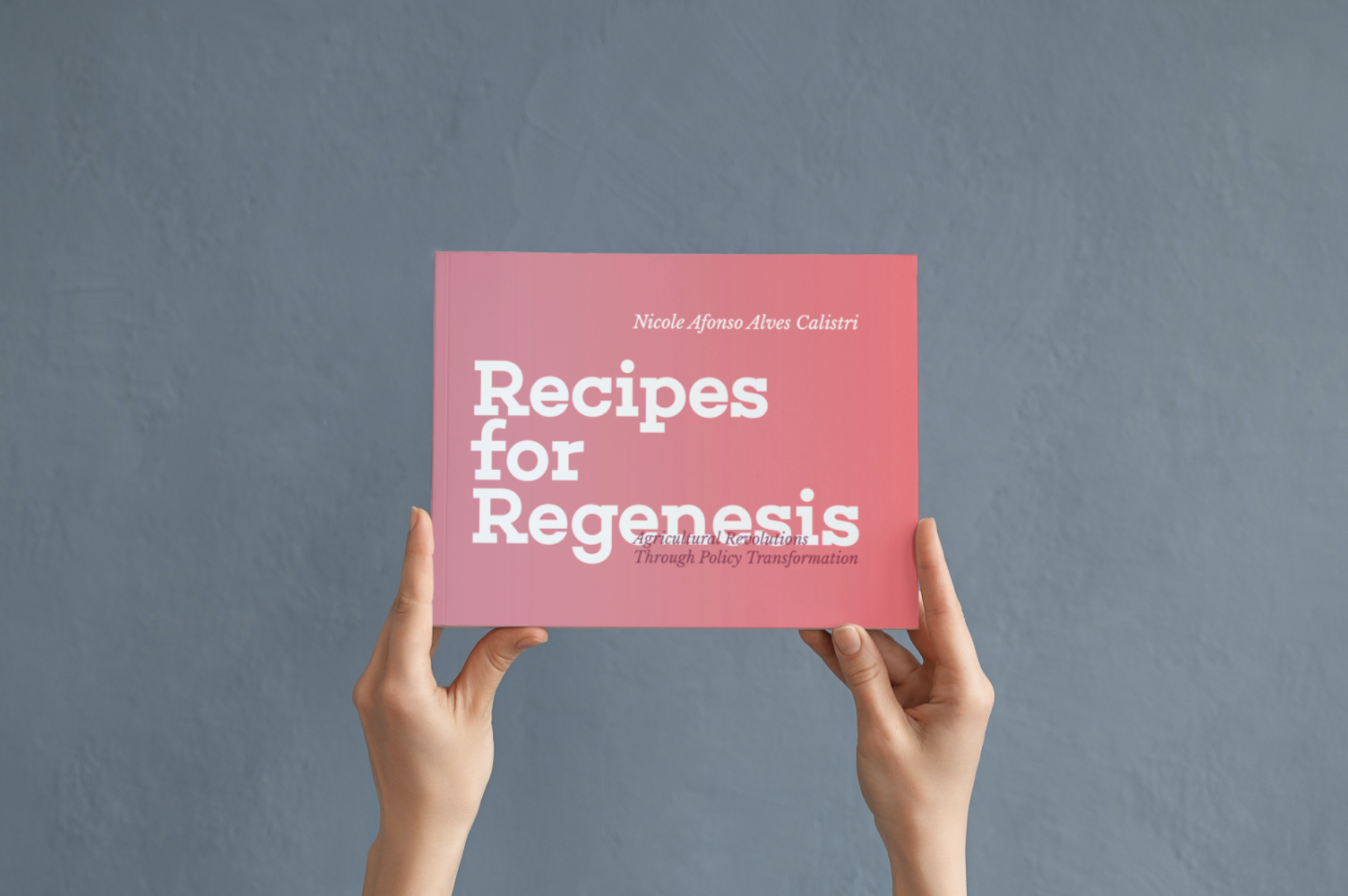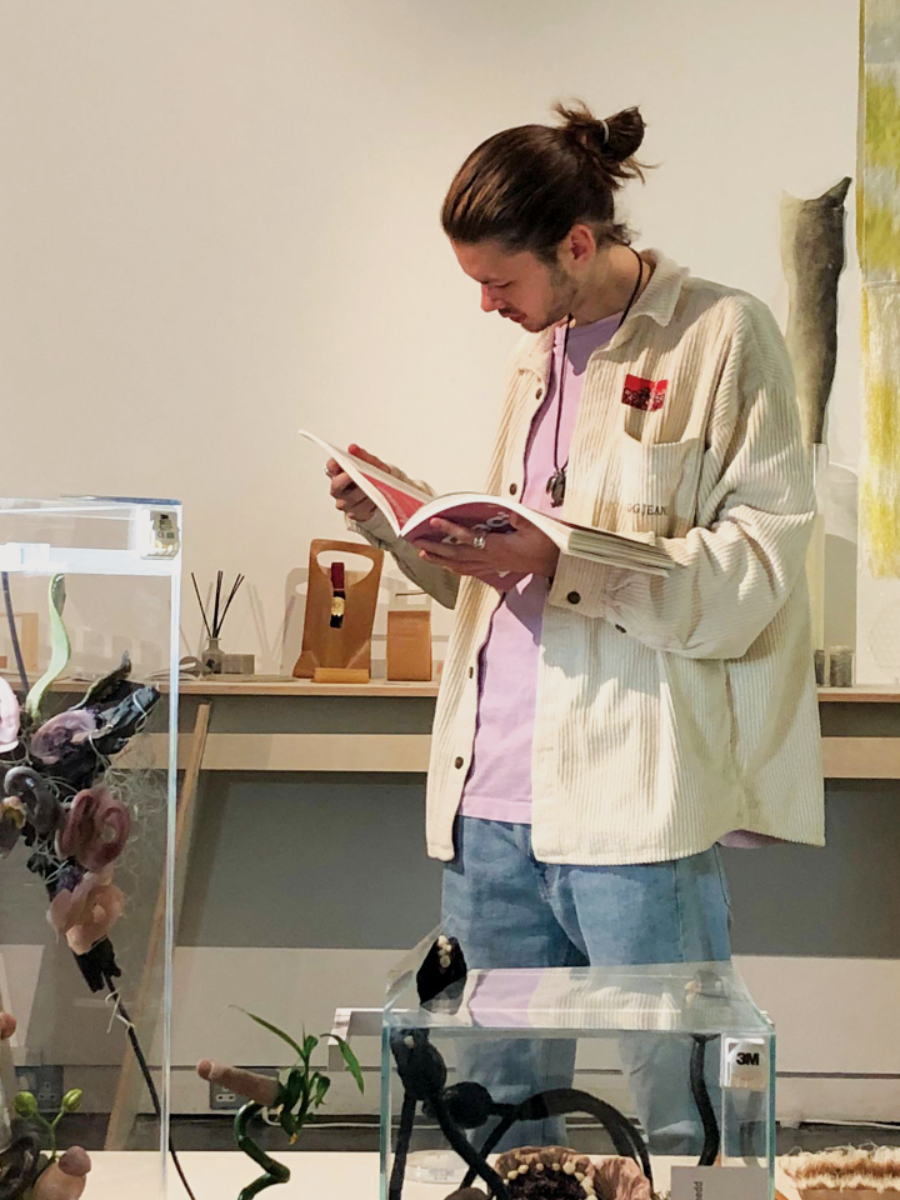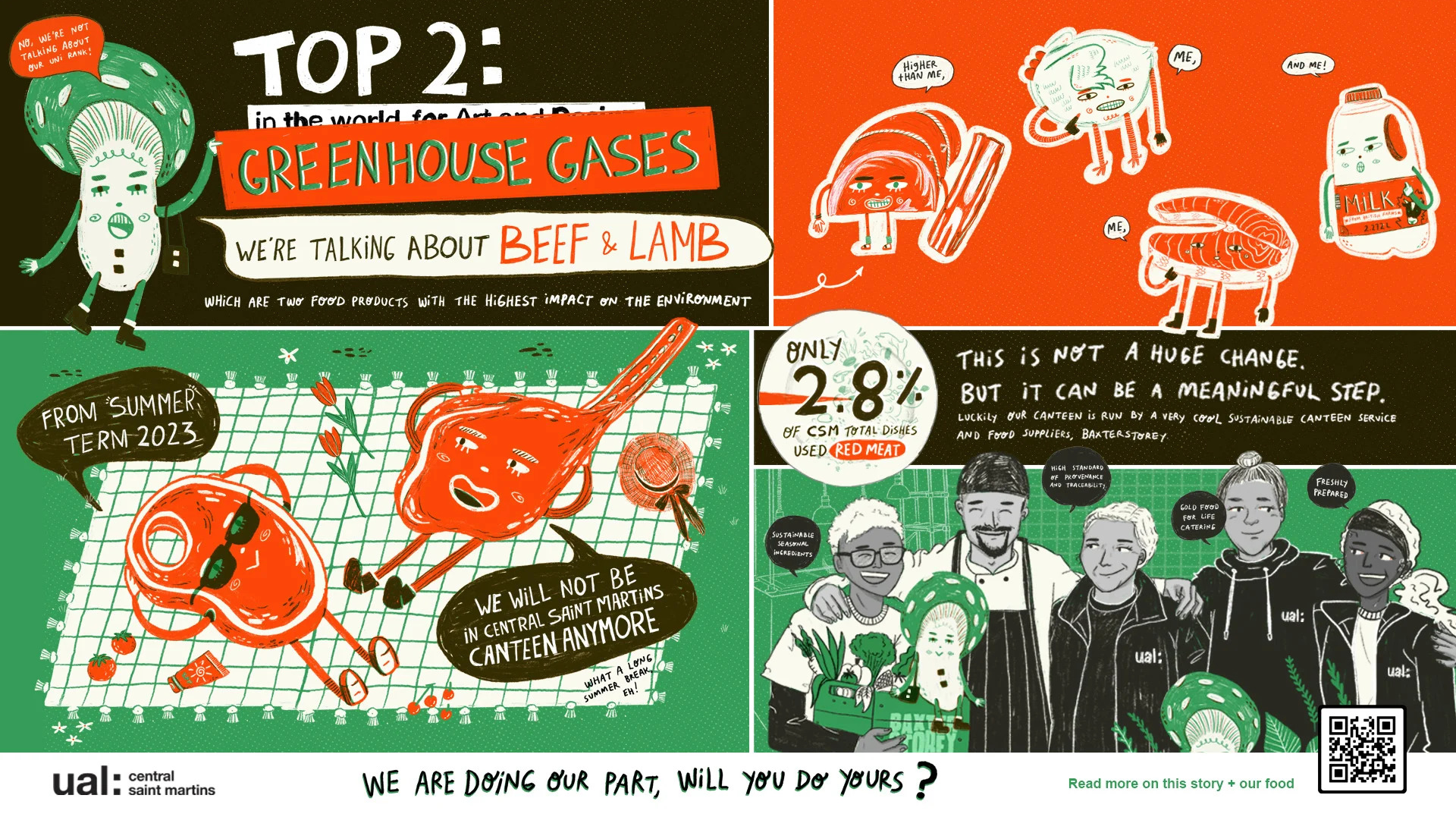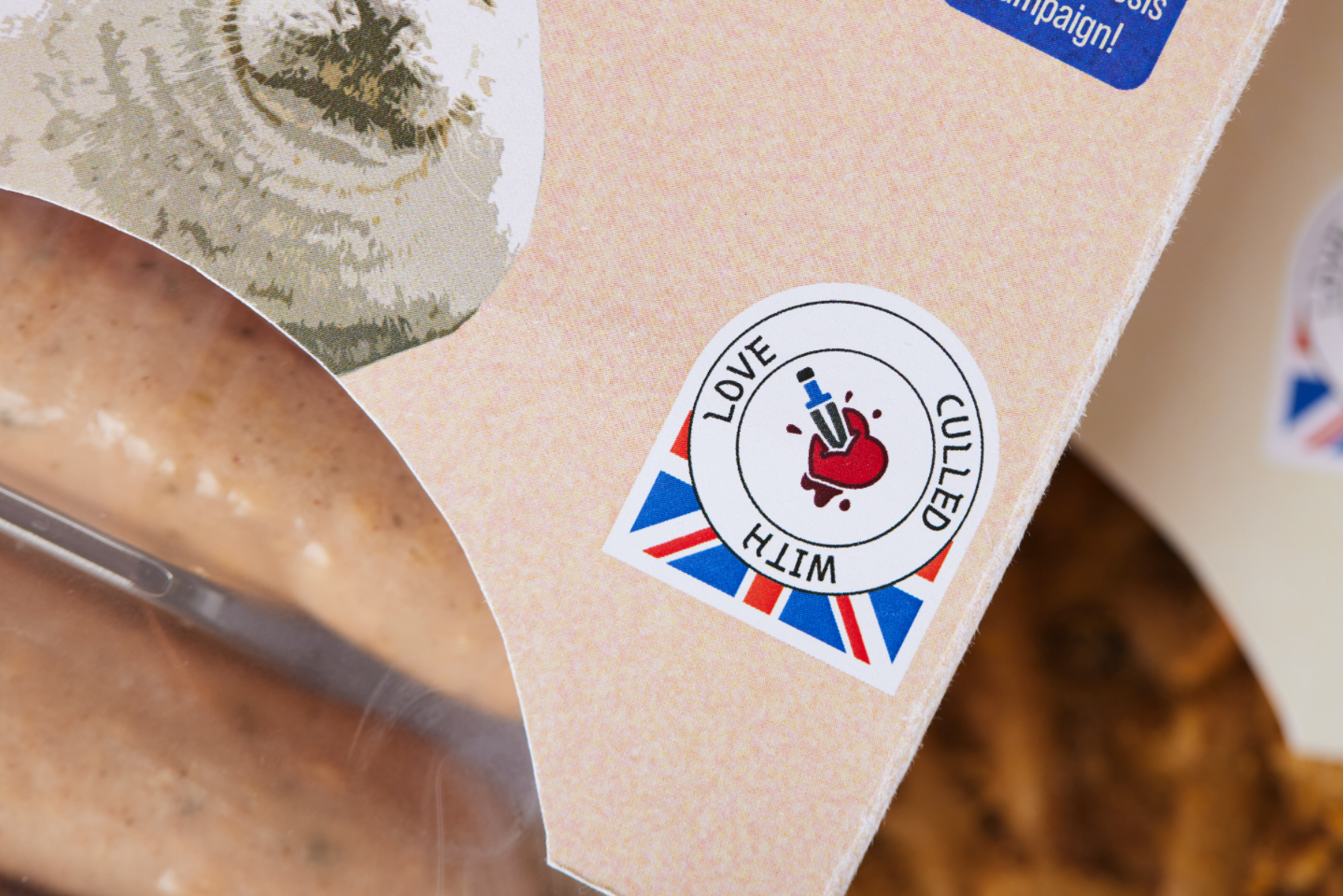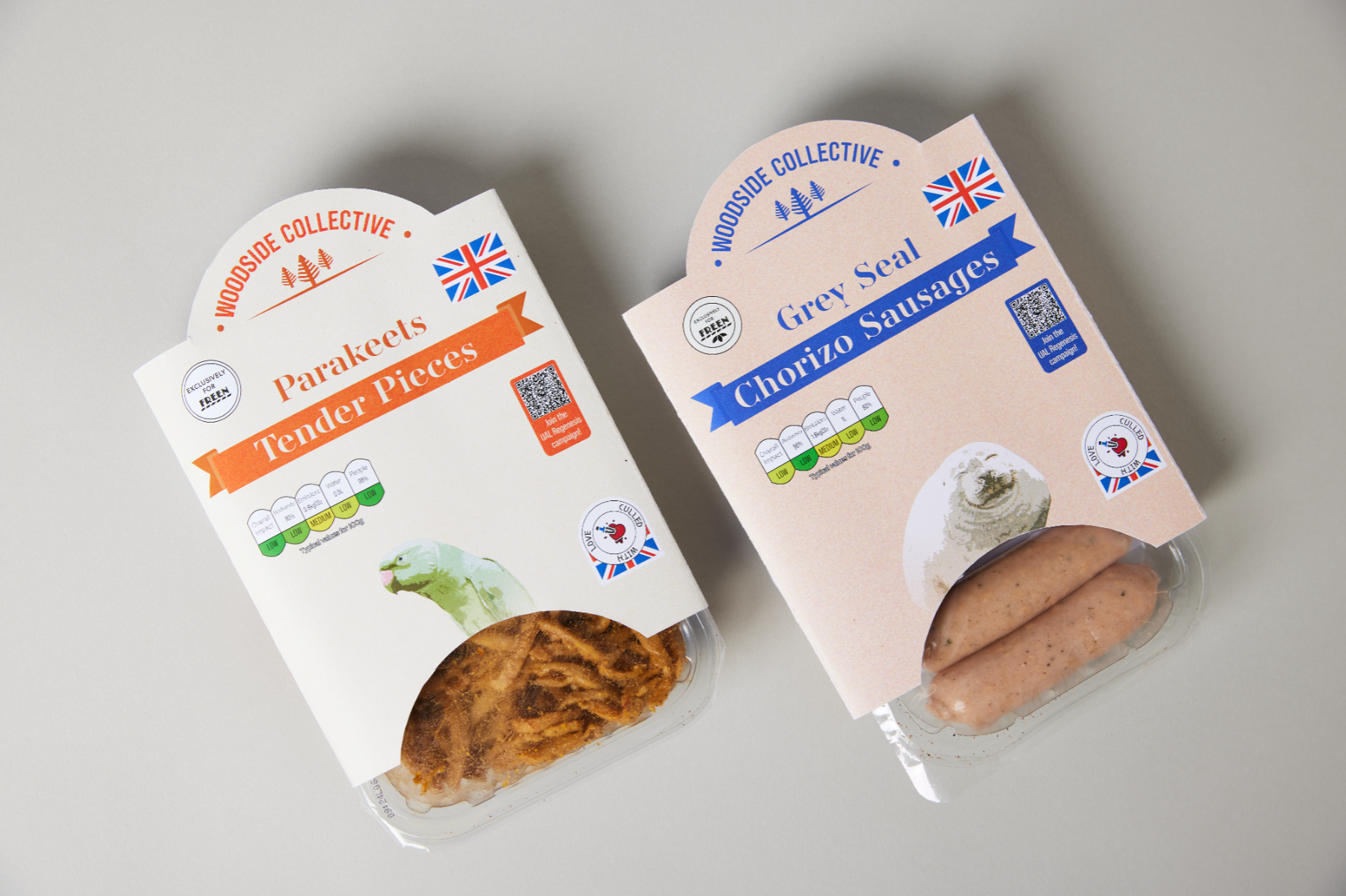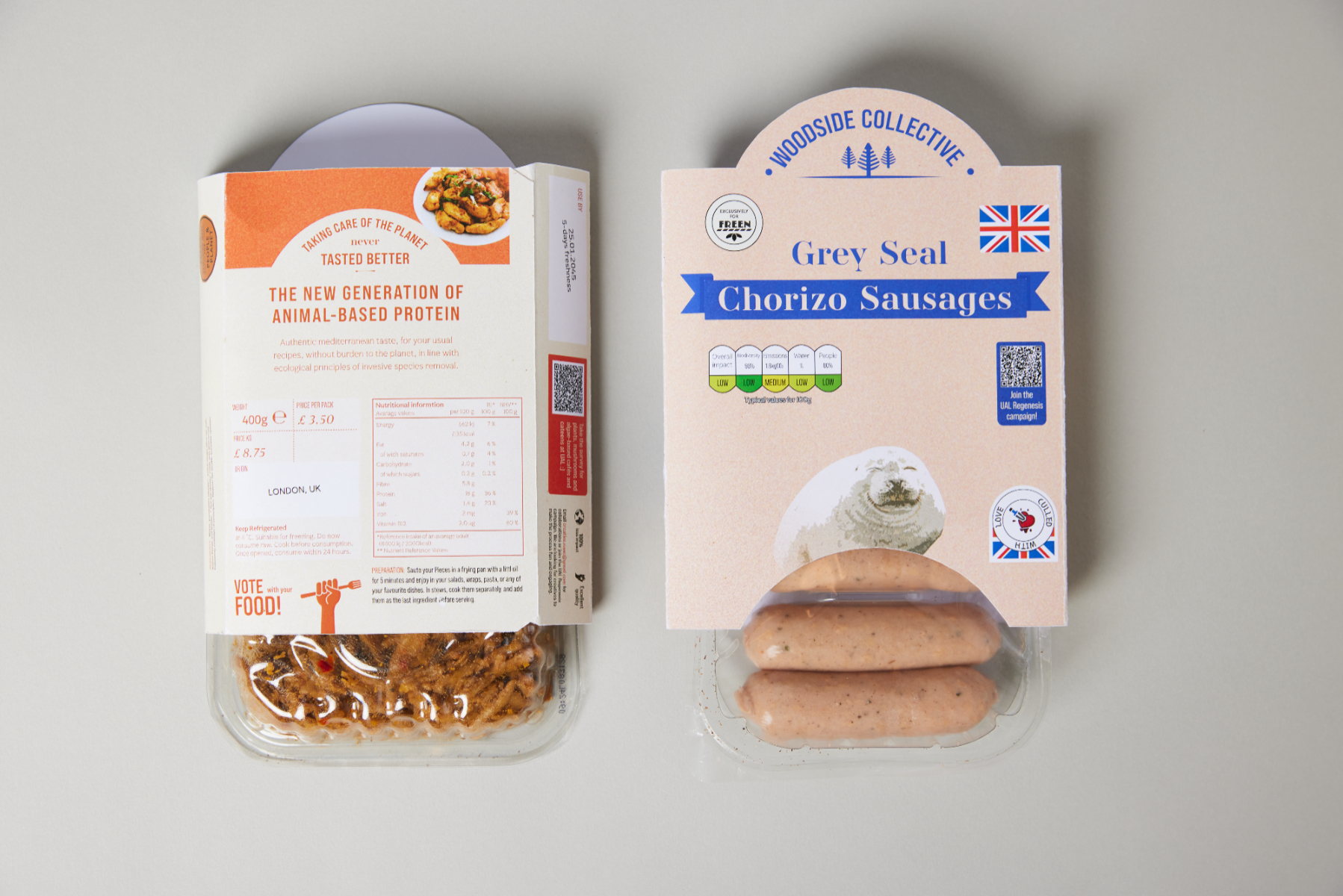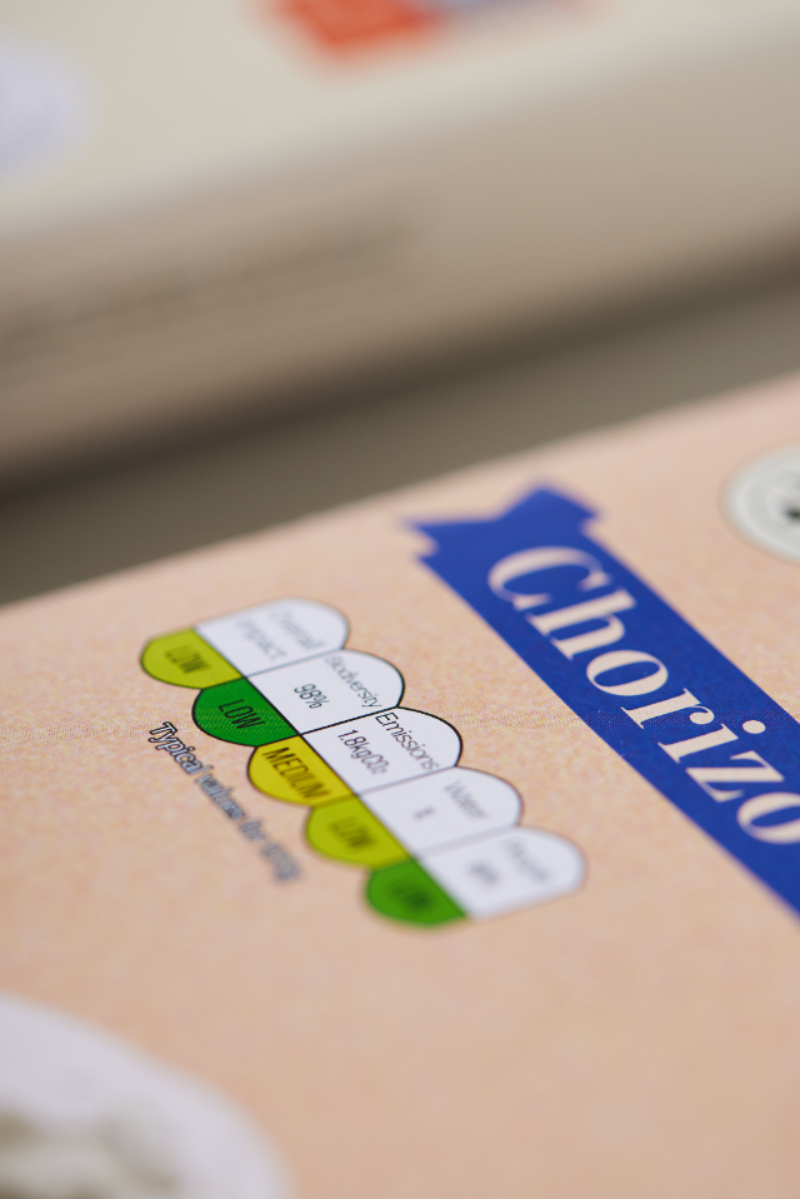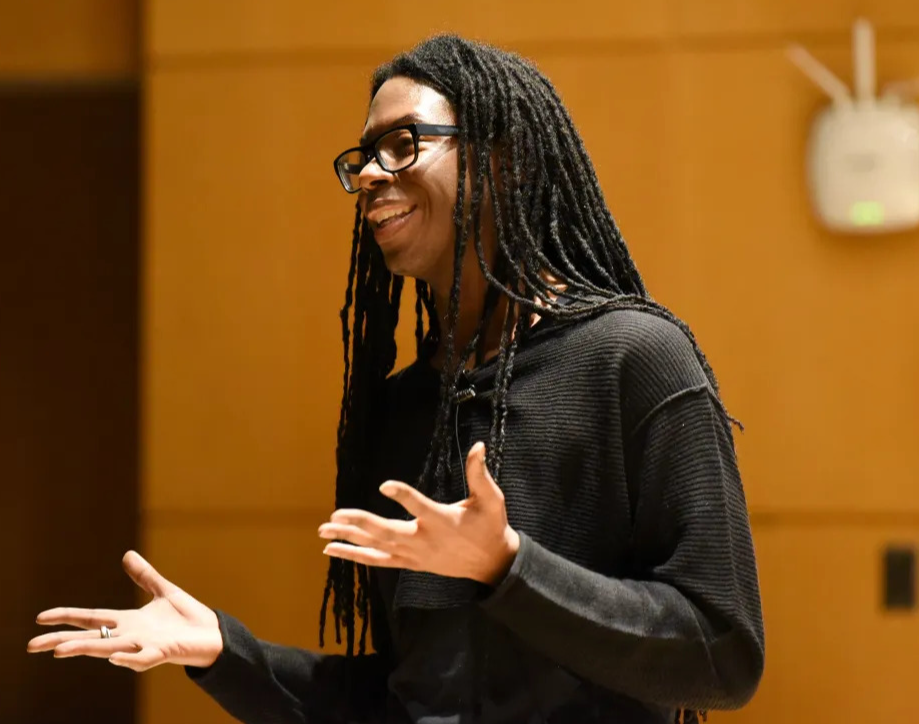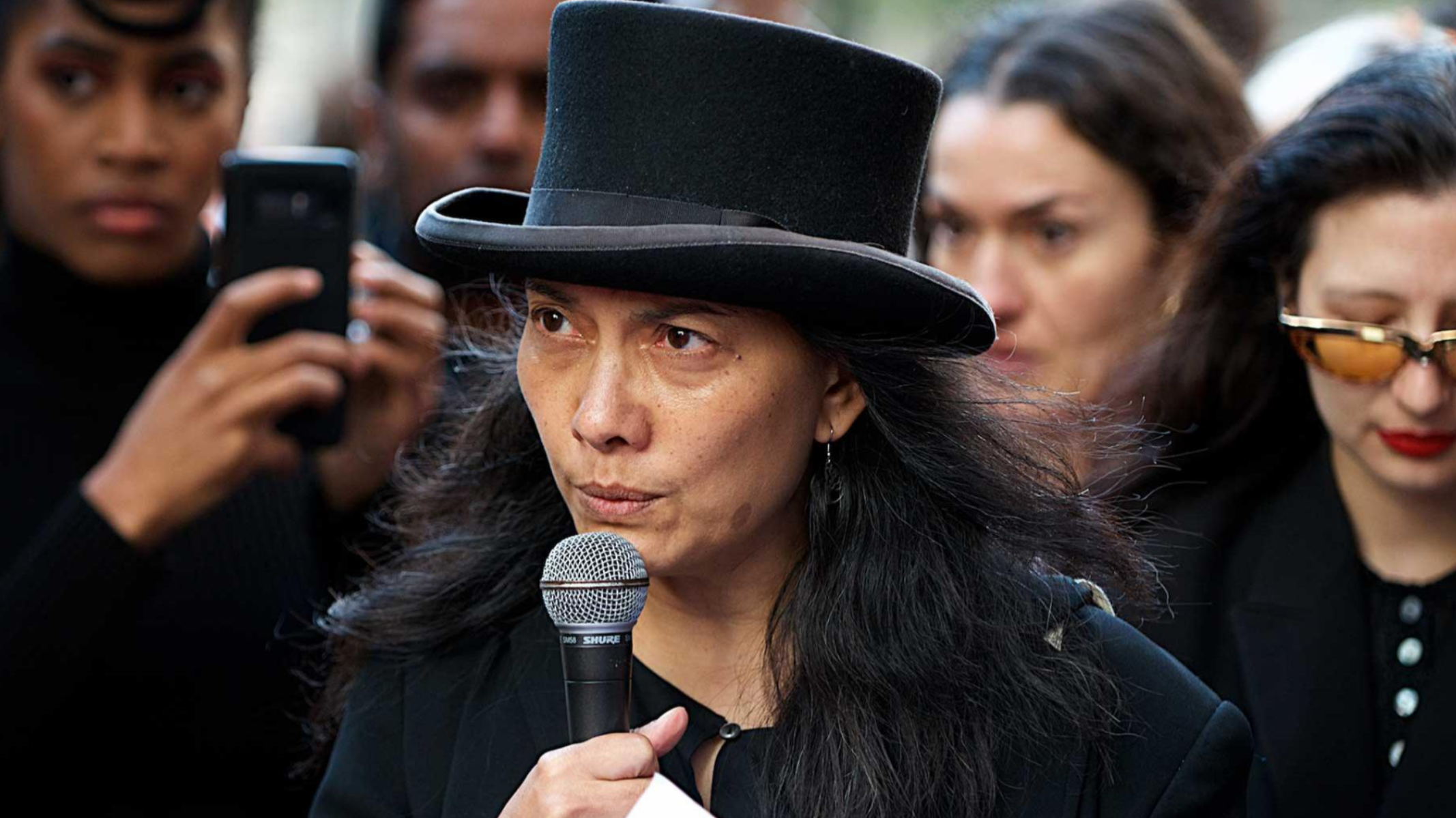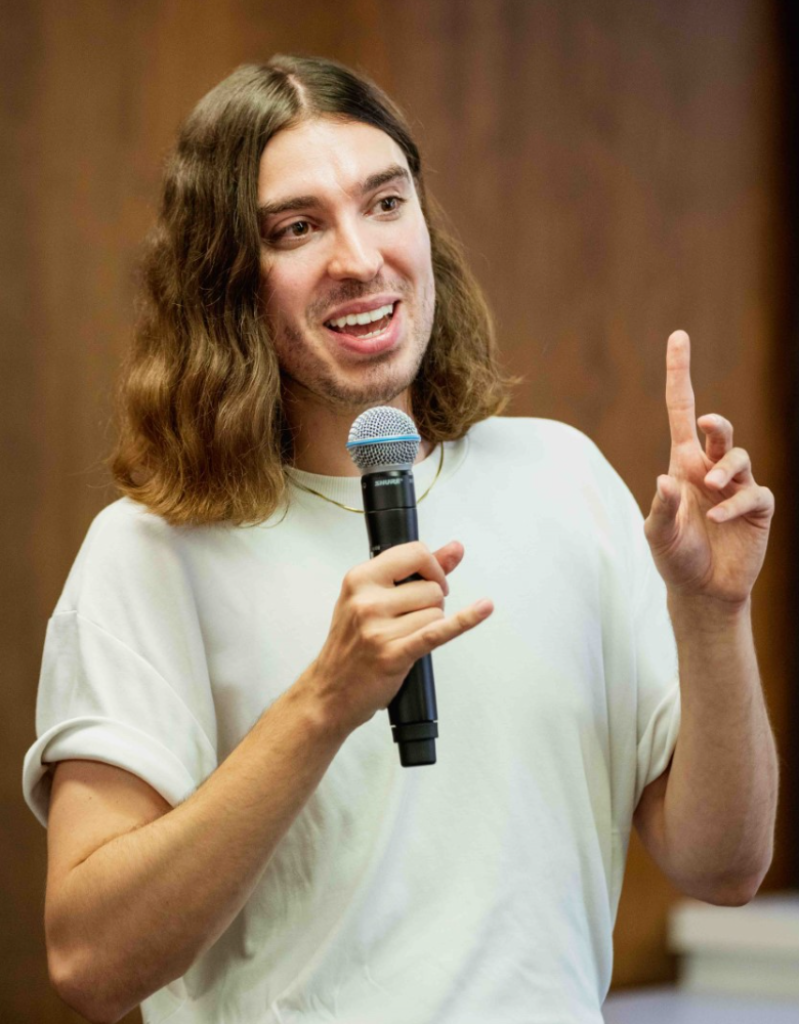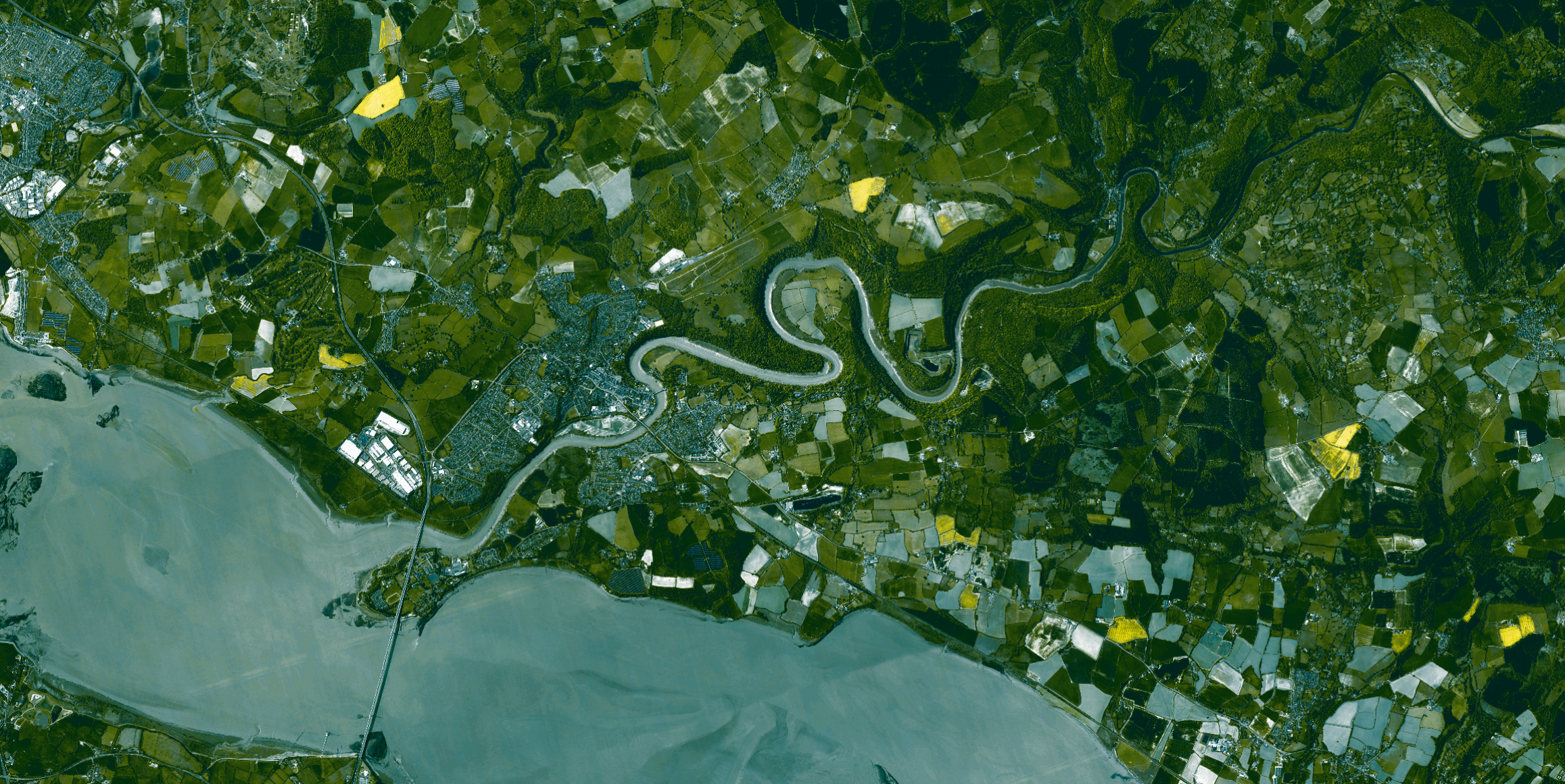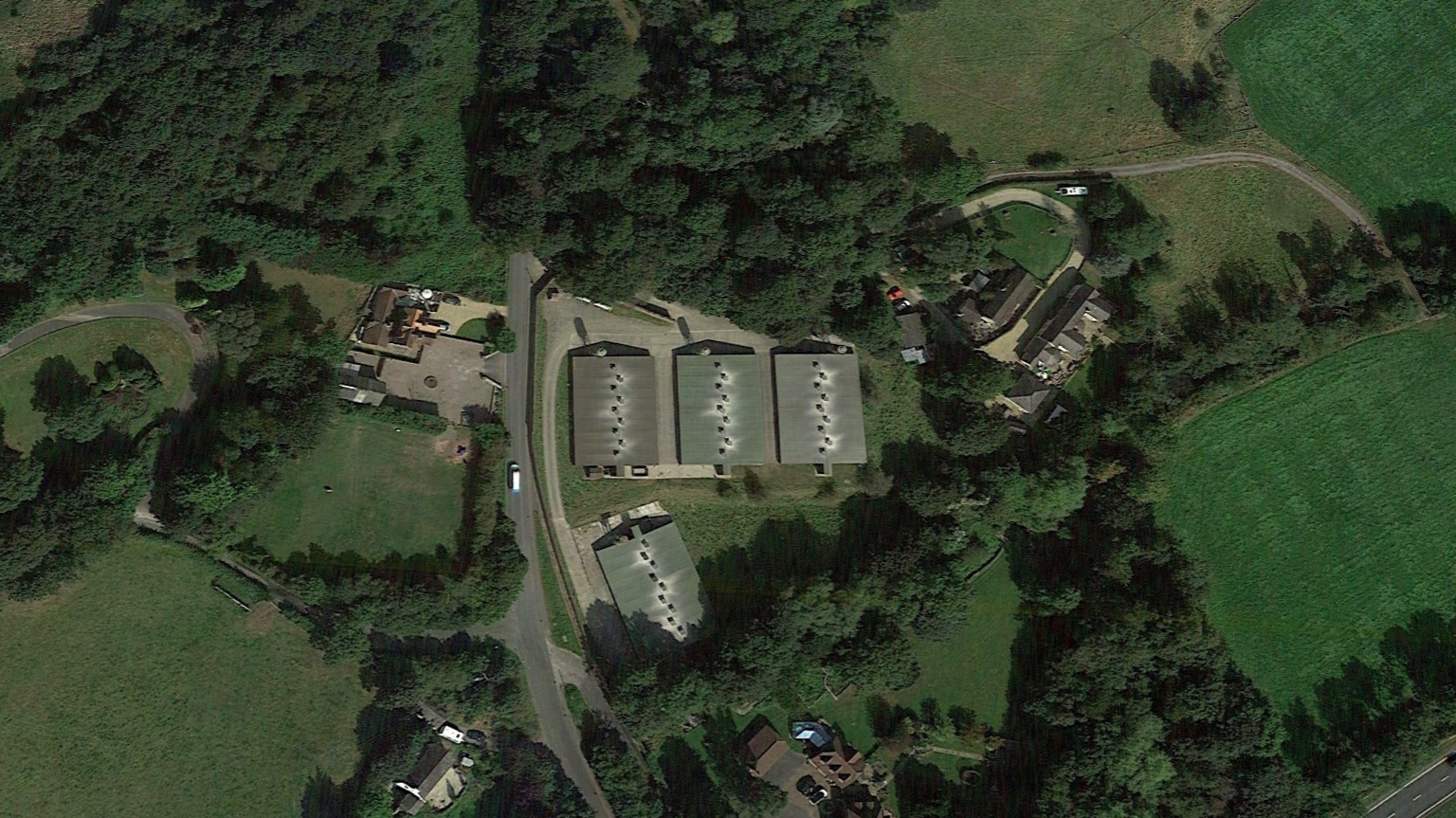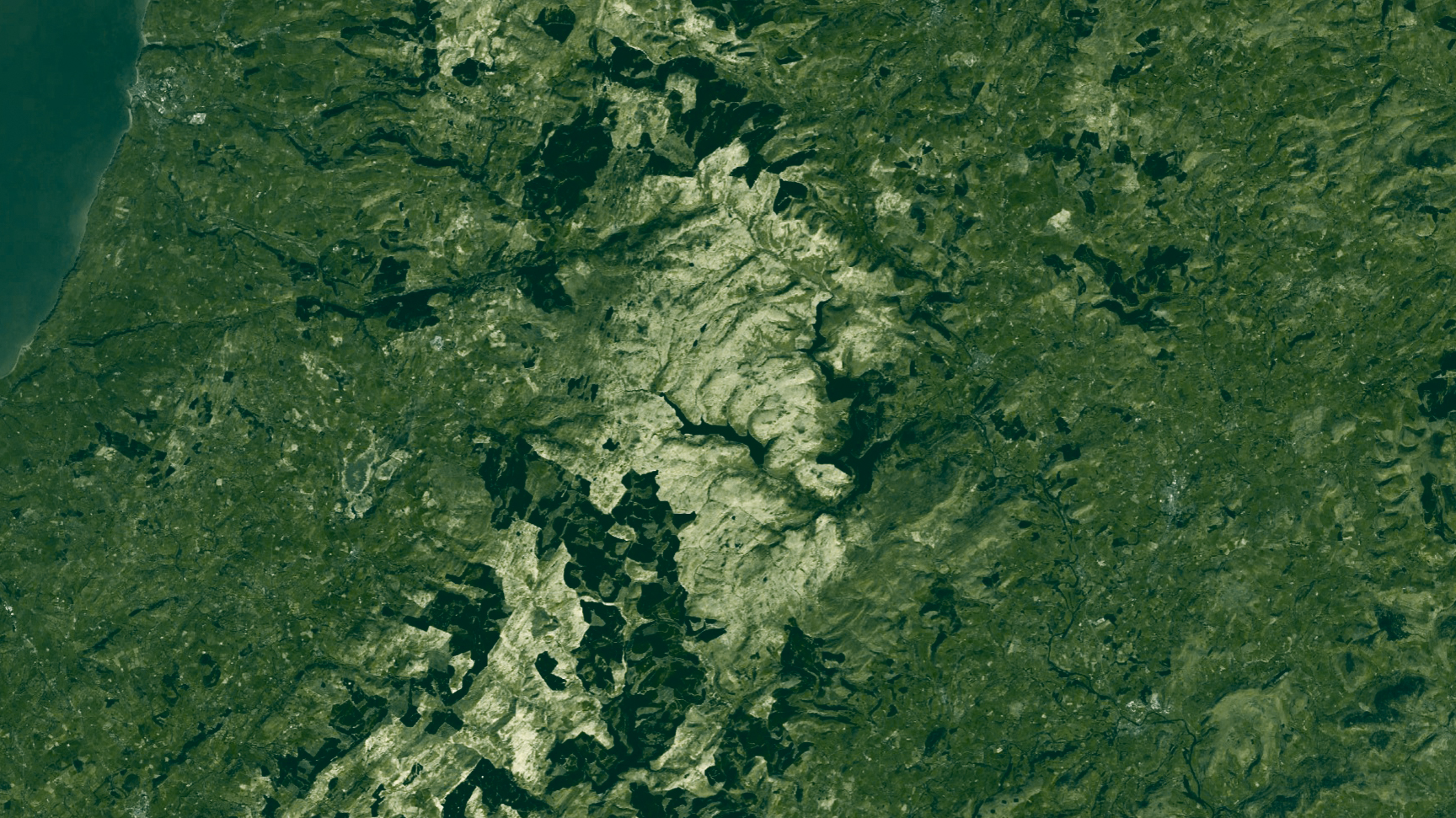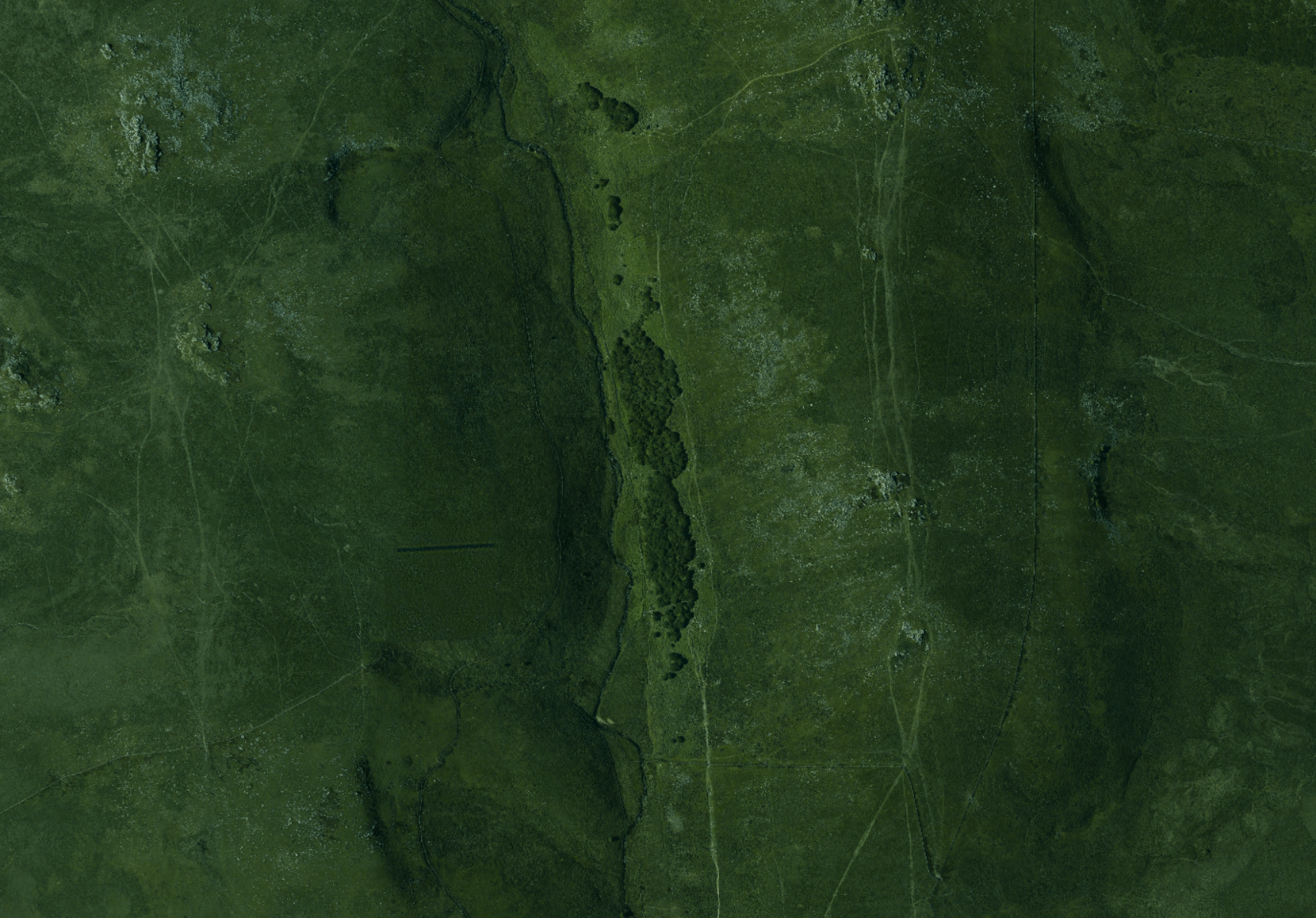Nicole Afonso Alves Calistri
Ma biodesign
Central Saint Martins UAL
Specialisms: Design for Social Good / Design Research / Design Management
Location: London, United Kingdom
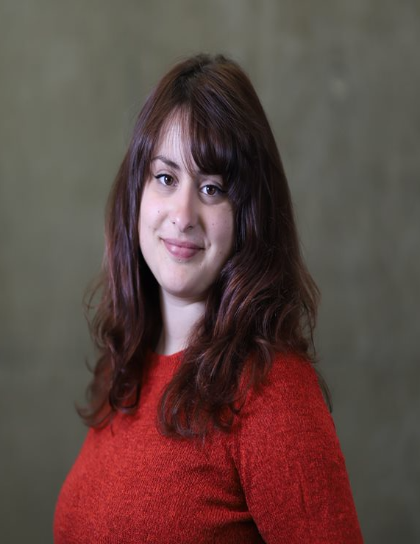

Nicole Afonso Alves Calistri

First Name: Nicole
Last Name: Afonso Alves Calistri
Specialisms: Design for Social Good / Design Research / Design Management
Sectors:
My Location: London, United Kingdom
University / College: Central Saint Martins UAL
Course / Program Title: Ma biodesign
About
Our current food production methods are causing a mass extinction crisis, with agriculture, particularly animal breeding and slaughter, being the main culprit. This industry is co-responsible for habitat destruction, loss of biodiversity, water scarcity, pollution, and significant greenhouse gas emissions. "Recipes for Regenesis" is a book that presents a year-long research effort to address this issue. It introduces a co-creative process aimed at envisioning food systems that promote regenesis, where humans become keystone species and our food systems foster the thriving of other species. Through this process, participants collaborate to create food recipes with ecological purposes, utilising plants, mushrooms, and algae with their ecological superpowers as ingredients. Each recipe tells an ecosystem story and serves as a basis for policy prompts, encouraging transformative systemic changes in agriculture and redistributing responsibilities between individuals and institutions.
Global hunger for animal meat is out of hand. Animal agriculture is the leading cause of land conversion, deforestation, water and soil use, and pollution, to name a few. It is also the leading cause of antibiotic resistance and is responsible for the direct killing of around 80 billion land animals and trillions of marine animals per year. Wild Wild Meat is a critical product to prompt the exploration of the ethical implications of eating other animals and alternative ways to consume "meat".
Competitions
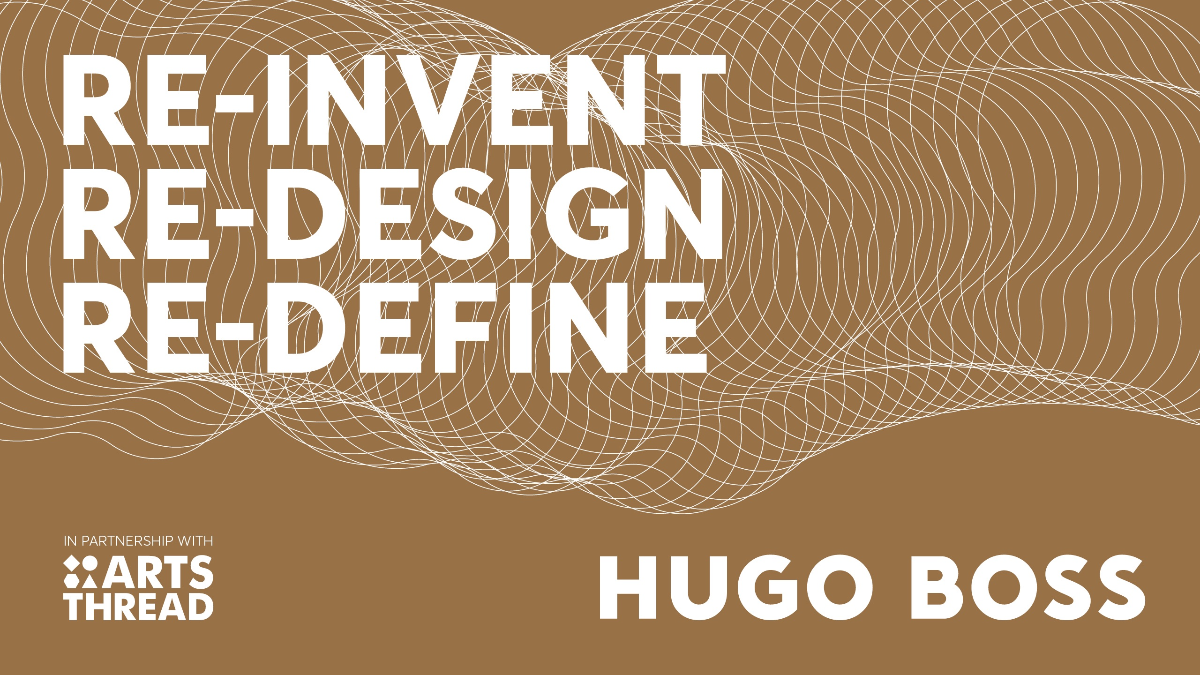
Hugo Boss Competition 2023
This talk series is dedicated to delving into the intricate relationships between justice, animal liberation, and the ecological crises that extend beyond emissions. With a primary focus on the utilisation and exploitation of animals, the series is designed to equip participants with historical, scientific, psychological, and spiritual perspectives, fostering a profound comprehension of these multifaceted challenges and experiences
Competitions

Hugo Boss Competition 2023
In biodesign we often observe microorganisms under the microscope. In this project, I used the Sentinel Hub satellite, part of the European Satellite programme, to observe vast landscape areas that were predominantly impacted by animal agriculture and various co-products. This tool has been widely employed in journalism to uncover various land-related issues, such as the alarming deforestation rate in the Amazonian rainforest. Motivated by my curiosity, I set out to examine environmental damage specifically within the United Kingdom. I focused on capturing imagery of one of the few remaining British Temperate Rainforests, investigating the behaviour of Molinia grass in the Cambrian Mountains, and capturing pollution levels in the River Wye.
Competitions

